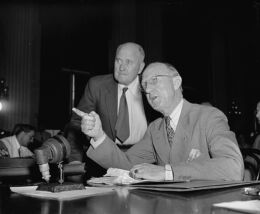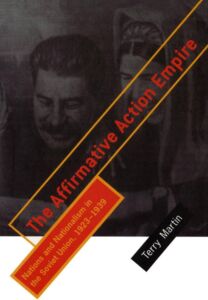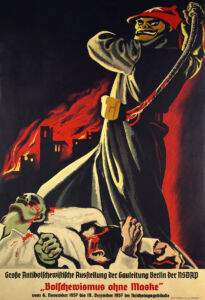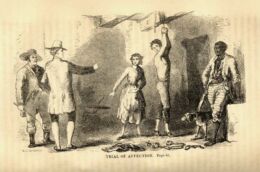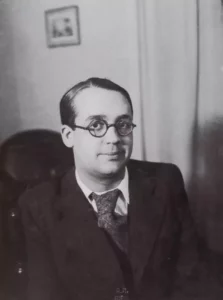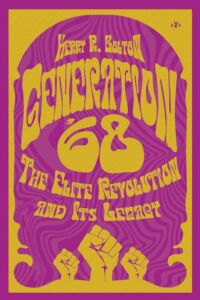4,030 words
Clarissa Schnabel has been writing for Counter-Currents for over a year now on a wide range of subjects. I enjoy reading her articles and find them refreshing. In our interview we discussed topics such as German guilt; the New Right; her favorite writer, Savitri Devi; Architektur-Rebellion; activism; the New German Wave in film; nationalist literary fiction; spiritual experiences; prophecy; and many others.
Ondrej Mann: Could you introduce yourself?
Clarissa Schnabel: I’m originally from a small town called Uslar in the beautiful Solling region of Lower Saxony. (more…)

